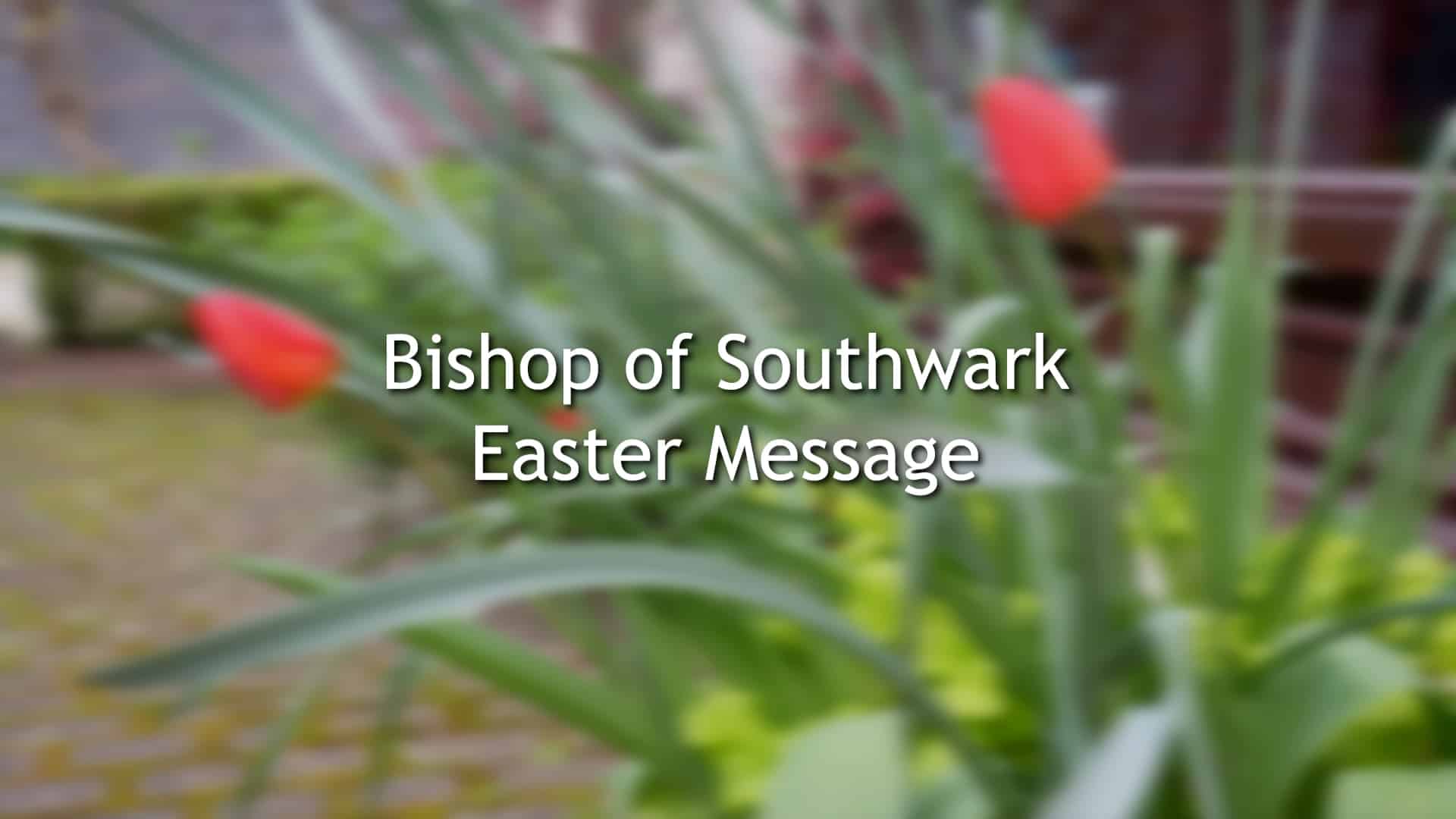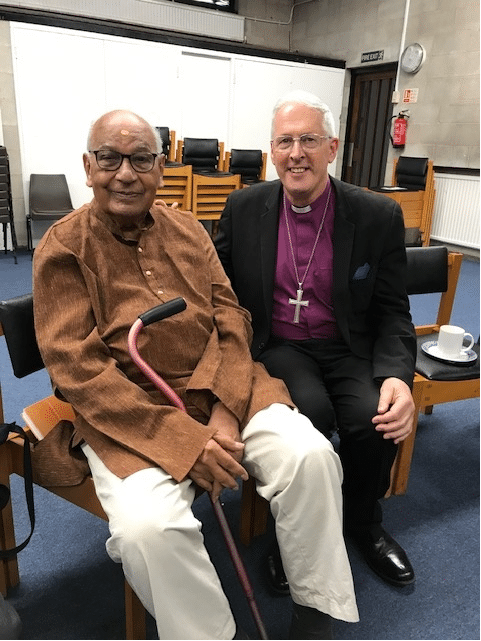The people of Zimbabwe have not had an easy time for many years now. I am often privileged to go with Bishop Christopher when he visits our Link Dioceses in Zimbabwe and I am always humbled by the resilience that is shown by our brothers and sisters there, despite their struggles to find enough to eat. For them, day-to-day life is often a challenge at so many levels and yet they remain hopeful. As one of the priests from Masvingo Diocese wrote to me the other day, “We continue to live in hope even where hope seems impossible.”
In recent years we have also seen people here in the UK struggling to feed their families because they cannot find work or afford to live on what they earn. This is the same for the people in Zimbabwe, whose struggles are compounded by the political and economic situation as well as the lack of rain and the difficulty of growing crops.
There, as here, it is often the women who have to work the hardest to ensure that their families are as well fed as possible, but it is often hard for them to find or afford food. That is why the Dioceses throughout Zimbabwe offer training on how to grow crops, and provide seeds and encourage people to learn how to grow food for their families and to sell to others to begin to earn some income.
The effects of COVID-19 have been massive in Zimbabwe as elsewhere. The country has been subject to lockdowns and the churches closed. They were finally able to reopen last week and the deacons, priests and people of the Dioceses are busy working to catch up with all the things that they have been unable to do since the lockdown began. This video is from the Rt Revd Godfrey Tawonezvi, Bishop of Masvingo, and he tells us something of the situation in his Diocese:
The story that Bishop Godfrey tells can be replicated around the Dioceses; in Manicaland Diocese they are struggling with food insecurity, too. Having been affected by Cyclone Idai in 2019 they are experiencing the effects of climate change and, like other parts of Zimbabwe, find that they have either too much or too little rain. Ensuring that people have enough to eat can be very difficult and that is why they too want to set up feeding programmes.
Much of the Diocese of Manicaland is rural and so there is the possibility of growing food if they can find water and if they can afford to buy the seed and other supplies necessary to grow crops. Many in the Diocese are elderly and the Diocese wants particularly to be able to offer feeding programmes to help them and those who are disabled as well as the children.
Bishop Christopher gave a thanksgiving donation to his Lent Call as he received his first COVID-19 vaccine and he wonders if you might feel able to do the same when you have yours. In addition, some people, including Bishop Christopher, have decided to donate to their favourite charities a proportion of the money that they have saved as a result of not eating out. This will not be something that everyone can do because, for many, this has been a very difficult time financially. However, if you are one of those who has found that they are spending less as a result of the pandemic please do consider what you can donate to help the people of our Link Dioceses in Zimbabwe and Jerusalem and those who need to use food banks in our own Diocese. Thank you.
Whether or not you can give to the Bishop’s Lent Call this year please do pray for the projects and places that we are supporting.
Creator God,
we give thanks for all that you have given to us.
We pray for those who are experiencing food insecurity.
in the places featured in the Lent Call and elsewhere.
Help us to show compassion for them.
Give us the will to work with others to help to bring about change.
Help us to show our care and concern for those around us who are in need.
Bring justice and fullness of life to all your people.
We ask this through Jesus Christ, your Son, our Lord.
Amen.
For more information about the ways you can donate to the Bishop’s Lent Call please visit the How To Give section of our Lent Call pages.






